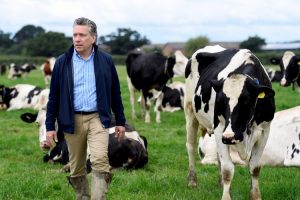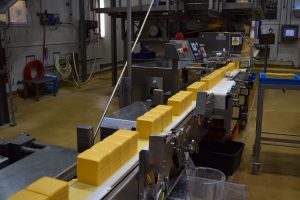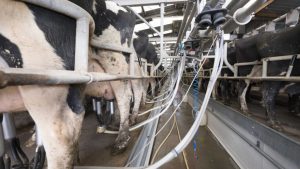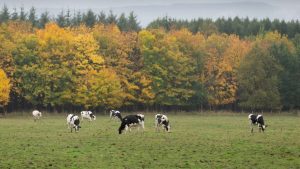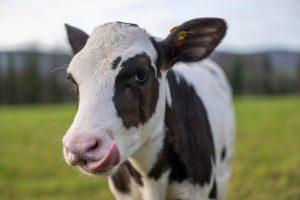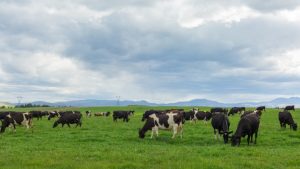
This is according to David Evans, Managing Director at the Millbrook Dairy Company, who believes there is an increasing disconnect between what UK buyers are looking to pay for cheese as opposed to the world cheese market.
“It isn’t rocket science to understand that if cheese producers are being offered £200-plus per tonne more to export cheese, then that is where their cheese is going,” he said.
“Unfortunately, UK cheese buyers across the major supermarkets are not looking to pay more for cheese. But global buyers are willing to pay, and that is where the market is going. We are importing less and exporting more, and that is leading to a growing issue in meeting demand here in the UK”.
He went on to say: “Right now, farming – and the dairy sector – is in one of the most difficult positions it has ever been in… And there seems to be very little light at the end of a very long tunnel”.
The challenges impacting the sector start with the cost of production, with huge increases seen over the last year.
“Everyone cannot fail to be caught up in the current cost-of-living squeeze. And the dairy industry is no different,” said Evans.
“In times gone by, the normal ‘supply and demand’ influences would prevail. Farmers would lobby hard and be paid more for their milk and this would push and motivate higher production levels. But then, higher production would lead to excess supply which in turn, would push the price back down again.
“Not this time! Yes, farmers are getting a higher milk price – around 48p – 50p a litre (12 months ago it was 30p a litre), but now the actual cost to produce milk has escalated to the highest levels ever seen. Despite getting around 18p a litre more than a year ago, farmers are no better off. And this new phenomenon means that we are seeing constantly increasing milk prices but no extra milk production. Indeed, milk volumes are down on last year.
“The UK market has reckoned without the global buyers who have recognised the challenge ahead and are prepared to pay more. Considerably more, as it happens. Historic UK brands are shifting their markets to export and who can blame them?”
Millbrook Dairy believes that if the UK wants to keep Cheddar cheese on its shelves, then the retail buyers are now going to have to go above world prices to stop this mass exodus into export and encourage more people to sell back into the home markets.
The company, which is one of the UK’s leading exporters and importers of cheddar cheese, also highlighted a further unforeseen challenge in the supply chain – that of credit control. For companies trading in cheese and buying cheese for onward packing, being suddenly faced with huge costs of over £115K for their usual load of 24mt of cheese, now simply means many can no longer secure the credit needed. It says there will be an impact on popular pre-packed products as this continues to bite.
Evans concluded: “There are other factors which the market is now having to consider. This summer has been one of the hottest on record and that means the D word. The severe weather patterns in 2022 have created unprecedented drought where water has become a premium.
“As we all know, the impact of drought affects crop and livestock food production (quality and volume) at a point when costs are already through the roof. And the majority of farmers are having to supplement feeding due to lack of grass – and the cost of this feed is spiralling.
“Everywhere we look, there is an issue around supply. But if we flip the coin, there is continual talk about reduced demand due to high prices. Historically high dairy prices have led to less demand but right now we are facing a global supply issue.
“Does the dairy sector need a re-set? If only it was that easy. Certainly, consumers are going to be facing price increases like never seen before and if buyers don’t concur and step up to recover the supply issues, then shelves may well go empty in months to come.
“There is one good thing – maybe we will waste less if prices go up – we will have to wait and see!”
NAM Implications:
- And all of this without a mention of plant-based.
- Patently, the government need to apply some heavyweight thinking to the dairy industry
- …in that farmers are in no position to factor these uncertainties into the medium and longer term…
- …meaning that many farmers may change direction, thereby causing structural problems in the future.
- Begging the question: What is the real agenda for dairy in the UK…?
- Thereby back to Implication 1 above…




